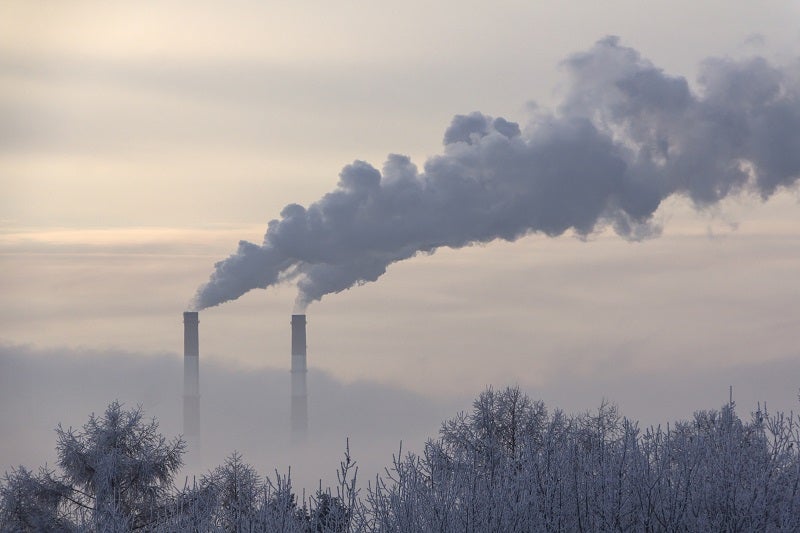Major International Oil Companies (IOCs) are increasingly emphasising the significance of climate change to their corporate strategy. The ever increasing relevance of environmental sustainability has led to long term corporate commitments linking to the reduction of greenhouse gas emissions and lower carbon footprints, even targets of net-zero emissions. Among the supermajors, mentions of the climate change theme in corporate earnings and filings increased by over 150% from 2016-19.


Access deeper industry intelligence
Experience unmatched clarity with a single platform that combines unique data, AI, and human expertise.
Figure 1: Mentions of climate change in supermajors’ filings and earnings transcripts 2016-19. Credit: GlobalData.
As the topic of sustainability gains traction, major international oil and gas producers are faced with the dilemma of upholding global energy needs to stricter standards, maintaining investor interest through organic growth and returning capital to shareholders while shifting business operations to a lower-carbon environment. So far, the industry has set itself ambitious long term goals that would facilitate a lower carbon acceleration and three major European IOCs have pledged to reduce scope one, two and three to net-zero emissions by 2050, with others joining that list gradually.
However, over recent years the supermajors on average have struggled to reduce greenhouse gas emissions from global operations and will require improved performance to reverse this trend to avoid further public scrutiny.


US Tariffs are shifting - will you react or anticipate?
Don’t let policy changes catch you off guard. Stay proactive with real-time data and expert analysis.
By GlobalDataFigure 2: Scope one and two greenhouse gas emissions by company 2015-18. Credit: GlobalData.
Of the supermajors studied, the Europeans stood out as top performers of the group with Royal Dutch Shell Plc observing the largest reduction in flaring volumes and improved greenhouse gas intensity over the timeframe. British Petroleum (BP) Plc proved to be the most efficient supermajor with the lowest emissions intensity and continued year on year improvements since 2015. But, as a whole, the group performed well in efforts to reduce absolute flare volumes with a combined reduction of 25% and long term targets suggest reductions will continue over the coming years.

Figure 3: Greenhouse gas intensity by company 2015-18. Credit: GlobalData.
Many of the major oil and gas companies have now pledged to lower their long term carbon footprint and reduce emissions through a variety of different strategies. Equinor has established itself as a leader in offshore field electrification in an attempt to replace conventional gas turbine power generators. Chevron has successfully commenced operations of the largest commercial-scale CO₂ injection facility at Gorgon, reducing project emissions by 40% while the majority of IOCs are currently funding green technology research projects and carbon sink initiatives.

Figure 4: Emissions reduction roadmap to 2050. Credit: GlobalData.
These strategies are having profound impacts that help shape the future of the industry and the playbook of a typical oil and gas company. As of now, the Europeans are leading the way to net-zero but the reverberations will continue to be felt globally.



